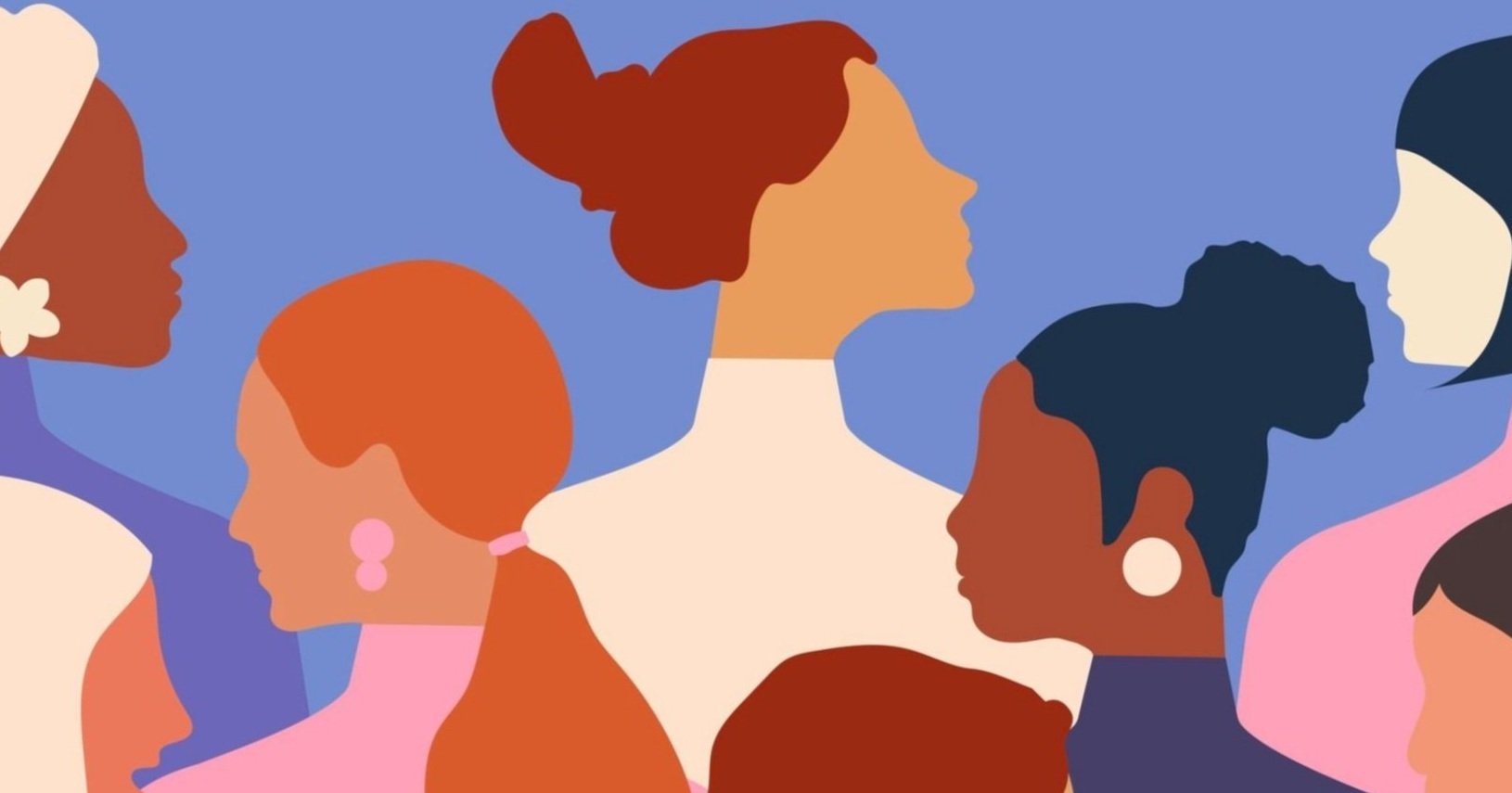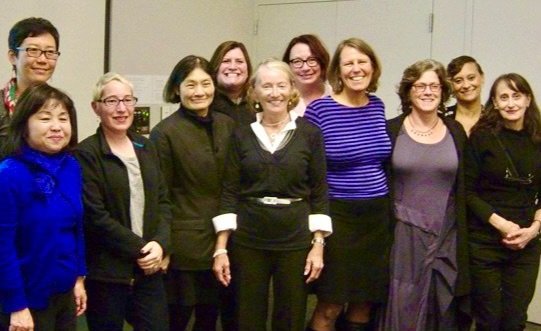
We Are Breast Cancer Survivors Taking Action Through Community Research
Our purpose is to support and collaborate on scientific research specific to the genesis and prevention of breast cancer, to promote understanding of the environmental causes of breast cancer, to provide support to survivors of breast cancer, and drive legislation and action.
Breast Cancer Over Time was originally established as a hospital-based support group for women in treatment and living with breast cancer post-treatment…
All members of Breast Cancer Over Time are survivors, living with the life altering effects of our diagnosis. Between us, we have endured years of surgery, chemotherapy, radiation, and hormone treatments for breast cancer. Collectively we represent scores of mothers, grandmothers, sisters, aunts, cousins, friends, and colleagues diagnosed with breast cancer. Many of us have children, including young daughters at higher risk of breast cancer, just because they are our daughters. And our sons are also at risk as male breast cancer cases are increasing proportionally.
Breast Cancer Risk Factors
…and a rallying call for action…
Dr. William Goodson, MD, the breast surgeon for one of our members, suggested she donate her normal breast cells for research during her cancer surgery. Subsequently, he connected her with Dr. Shanaz Dairkee PhD, the scientist at California Pacific Medical Center Research Institute who was the cell biologist responsible for studying our member’s cells. The emphasis of Dr. Dairkee’s research is the impact of exposures to commonly-encountered chemicals on healthy human breast cells. She provided deep insight on how most cancer research does not focus on the cellular processes of breast carcinogenesis and how the human breast cell actually becomes vulnerable to cancer. Rather, the present focus of most breast cancer research continues to be on "the cure” - research that is highly marketable to big drug companies and large medical centers who treat people who are already sick.
Although the need for preventative research is critical, little funding is available to study breast cancer prevention – because prevention doesn’t make money. But it does make a tremendous difference to every at-risk individual - saving lives by preventing breast cancer from occurring in the first place.
OUR NEED FOR SUPPORT…
…TURNED TO A SEARCH FOR ANSWERS
As our support group grew, innumerable discussions revolved around our theories of how we developed breast cancer…
Our theories were as varied as our ethnicities, backgrounds and lives. So naturally, the conversations inevitably turn to larger societal causes, primarily, the environmental causes of breast cancer and their link to the milieu of chemical and toxic exposures in our lives. Aside from hereditary/genetic tendencies which only comprise 10% of all breast cancer diagnoses, we knew one way or another, environmental exposure contributed to our cancer diagnoses. As members of our group emerged from the throes of active treatment and beyond the immediacy of saving our own lives, our discussions turned toward the obvious need of what we ourselves could do right now to protect our own young daughters, sons, and their peers from our experiences and those of generations before us – indeed, the whole next generation and future generations of young people - from getting breast cancer.
We took it upon ourselves to pursue ways to collaborate firsthand with renowned scientific researchers to study causation by environmental exposure…
Chemicals In Products We Use Everyday May Cause Breast Cancer
TO MAKE A DIFFERENCE IN PREVENTION NOW!
In collaboration with California Pacific Medical Center Research Institute (CPMCRI), we conducted a pilot study on the effects of chemicals in personal products and their link to breast cancer…
With this knowledge and need as our guiding force, BCOT incorporated as a 501(c)(3) nonprofit in 2015 and applied for a Community-Based Participatory Research grant from the California Breast Cancer Research Program. Together, with our scientific research partner, CPMCRI, we pursued the competitive process of applying for grant funding. We were thrilled to be awarded $280,000 to conduct a study on the effect of chemicals commonly found in personal care products and cosmetics that may make healthy breast cells more vulnerable to cancer.




